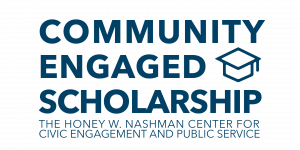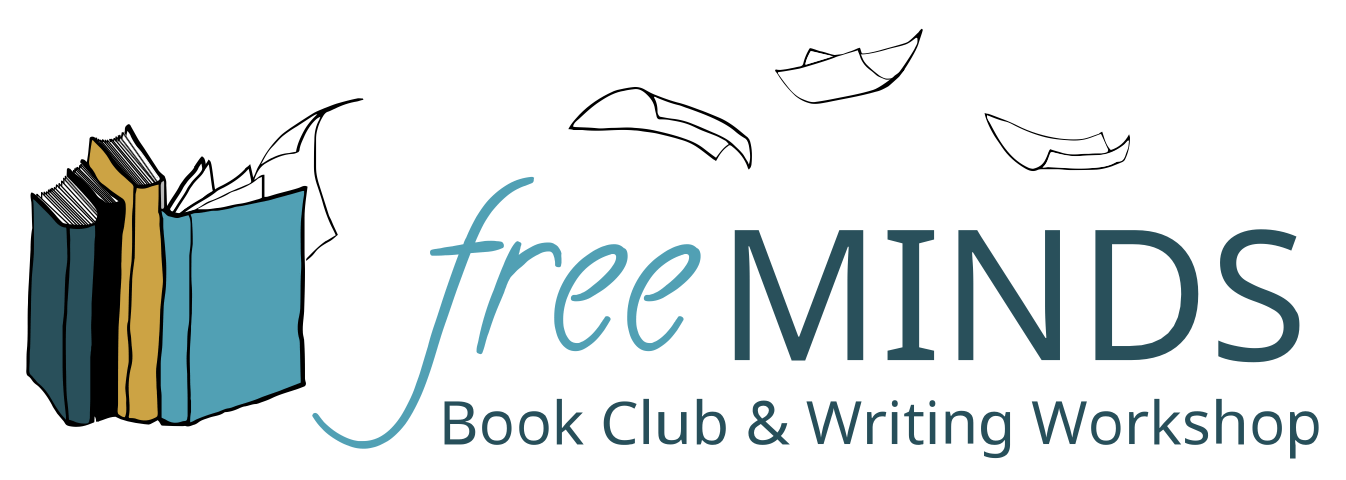This Public Health capstone course, developed by Sara Wilensky, engages students in research and advocacy projects with local community-serving organizations, such as the Latin American Youth Center.
This senior seminar course was designed as both a writing in the disciplines and a community engagement course. Professor Wilensky has created a capstone experience for public health seniors, focusing on real-world projects with community partners.
Speaking at the 2024 Annual Meeting for Academic Public Health, Wilensky described the key aspects of her course design:
1. Co-creation of projects with community partners, ensuring the work would be useful for them.
2. Flexibility in course design to accommodate real-world challenges and changes.
3. Use of student teams (pairs) for projects, with multiple teams working on each community partner project.
4. In-class work time to facilitate collaboration and provide informal feedback opportunities.
5. Variety of writing assignments, including the main project, complementary papers, reflections, and a learning portfolio.
6. Emphasis on project management skills, providing tools like worksheets and templates.
Professor Wilensky highlighted the importance of being proactive in addressing team dynamics, maintaining open communication with community partners, and being prepared to adjust projects as needed.
Wilensky's community partners have shared that this course strengthened relationships with GW. They received high quality, useful products, and appreciated the opportunity to contribute to students' educational experiences.
Student feedback is also positive, "I think that applying the concepts of advocacy, health education, service learning, and others that we have focused on in depth throughout undergraduate coursework has made this project a significant milestone in my public health work."
For information about Community Engaged Scholarship at GW: https://go.gwu.edu/cesc
Semester Reports
...continue reading "PUBH 4140W Senior Public Health Seminar"




